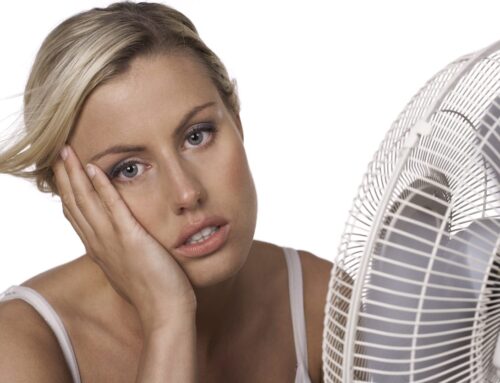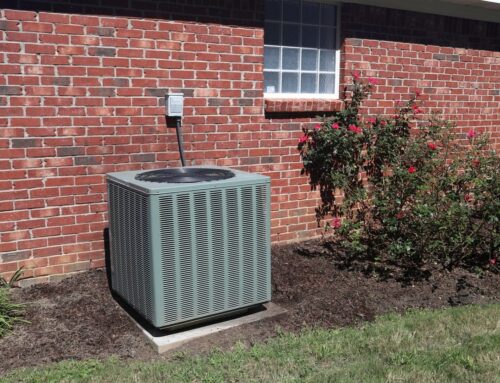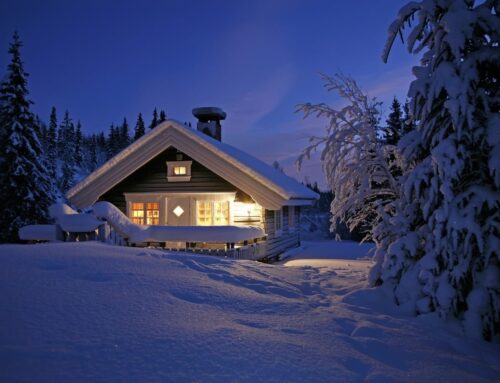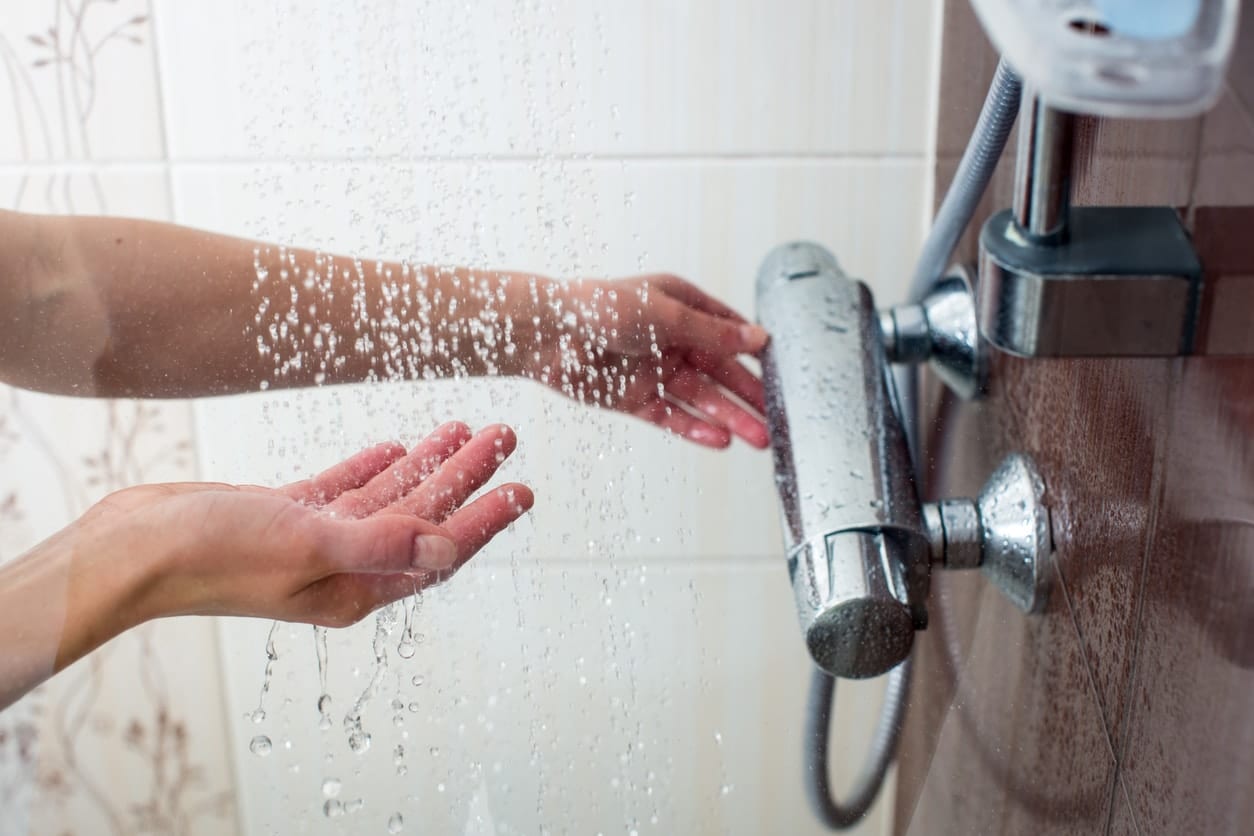
If you’ve ever stepped into your shower only to enjoy a few minutes of hot water before getting an unpleasant surprise of cold water, this article from SF Gate has your answers as to why this happens.
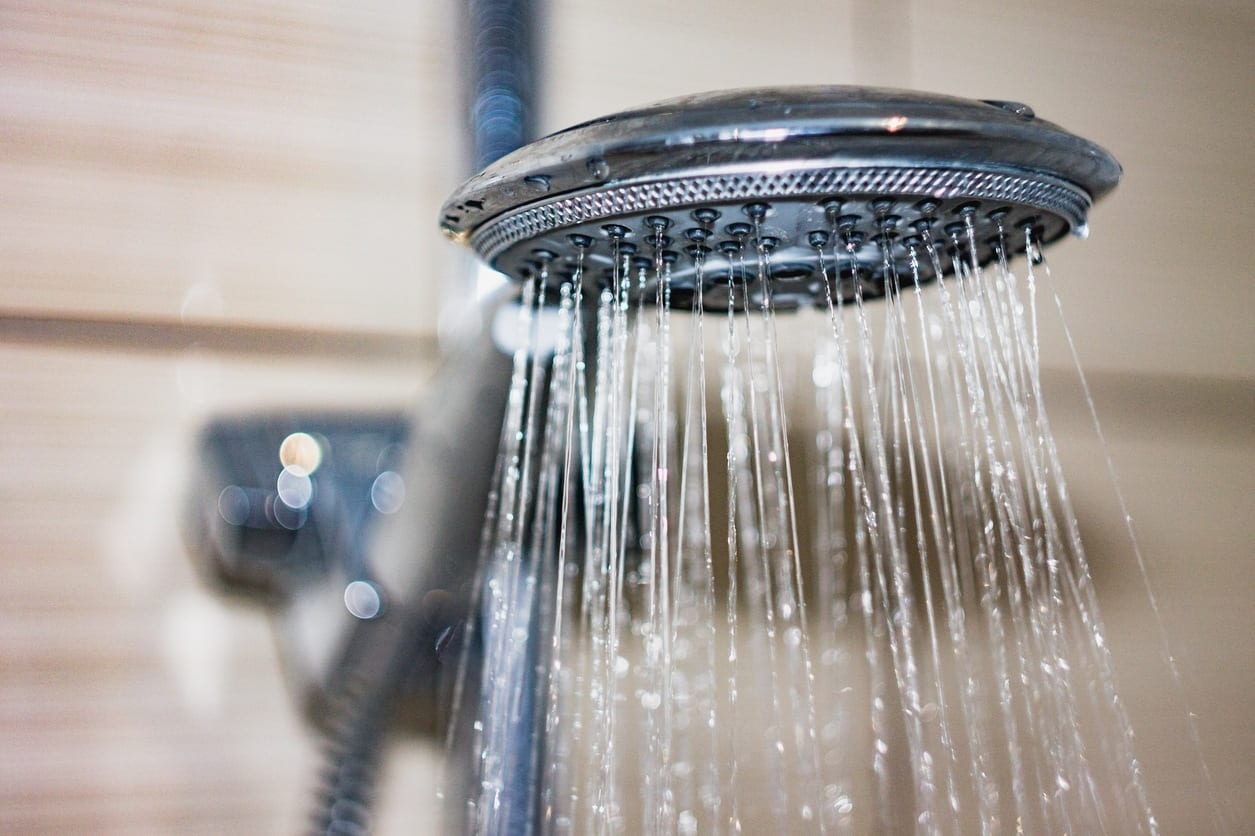 What Causes Hot Water to Run Out Quickly in the Shower?
What Causes Hot Water to Run Out Quickly in the Shower?
All of the hot water in a typical household comes from a hot water heater. There are two types: those that store hot water in tanks and tankless models that supply heated water on demand. Heat may be generated by electric heating coils or a gas-fired burner.
Regardless of what type of water heater you have, the basics of hot water delivery and the problems associated with it will be the same in all cases.
Hot Water Overuse
If there are multiple appliances using hot water when you are taking a shower, you will run out of hot water. Dishwashers, washing machines, and even hand washing at the sink use enough hot water to make your shower quickly run out of hot water. Schedule your showers during times when there is no other appliance using hot water. If you still run out of hot water, there may be a larger problem.
Hot Water Tank Size
Make sure your tank size is adequate for the job. Tanks are rated at how many gallons per hour they heat. A peak rating of 40 means 40 gallons of water are heated for use in an hour’s time. Each appliance uses a certain amount of hot water to do the job. For example, an average shower requires 10 gallons of hot water; a dishwasher, about 6 gallons; and a clothes washer, about 7 gallons of hot water per hour.
In a scenario where two loads of wash are done, two showers are taken and a load of dishes is finished, a hot water tank that supplies a peak-rated 40 gallons of hot water per hour will ensure that you won’t run out of hot water in the shower. In this same scenario, if you have a 30-gallon peak hot water heater, your shower won’t remain hot for very long.
Burned-Out or Undersized Elements
An electric water heater uses heating elements to warm the water. An element that has burned out severely limits the water-heating capacity of the water heater, especially if it is a lower heating element. Test a suspected element by turning off the water heater breaker and attaching a continuity tester to the element leads.
If there is no continuity, the element is burned out and must be replaced. If there is continuity, the element may be undersized for the job. Check the voltage and ampere requirements on the water heater, and replace the elements with the proper types.
Thermocouple
Older gas water heaters used a thermocouple to fire up the burners. As the thermocouple begins to fail, it does not allow a long enough burn time to effectively heat up the water to your desired temperature. The water in your shower may begin hot, but it would quickly cool off. Eventually, complete thermocouple failure won’t allow the burners to fire at all.
Tankless On-Demand Water Heaters
In most cases, a tankless on-demand water heater fails to supply enough hot water if the unit is too small. Electric on-demand water heaters are generally only satisfactory for one or two people.
Gas-fired on-demand water heaters are more versatile, but if everyone in the household is using hot water at the same time, it won’t be able to heat up water rapidly enough to keep your shower warm. Many factors determine whether a tankless hot water heater will run cooler, and some of these include the incoming groundwater temperature and the flow rate at a specific temperature.
Click here to view the original article.
Are you experiencing hot water shortage? Call us today at Superior Co-Op HVAC and ask us how we can help you find the solution!
Save More, Stay Informed!
Sign up for our newsletter and be the first to receive:
✅ Exclusive Sales & Rebates on Mitsubishi Heat Pumps.
✅ Industry News and Expert HVAC Tips.
✅ Updates That Help You Save Energy and Money.

